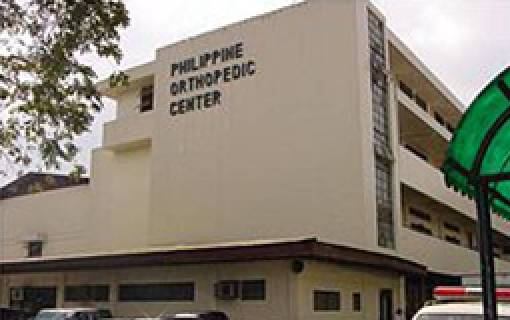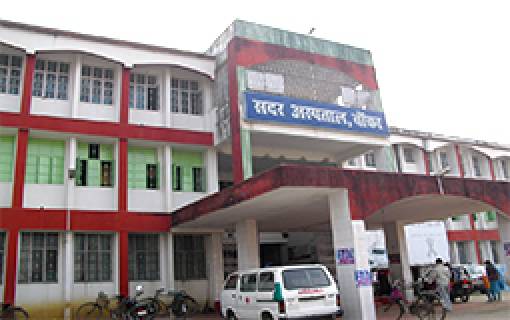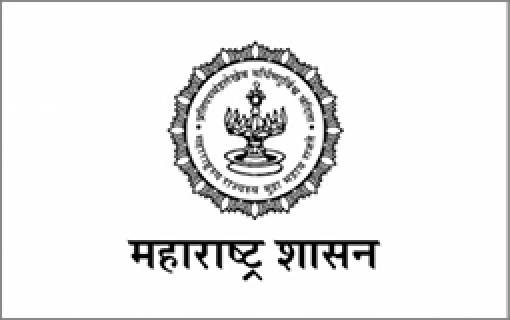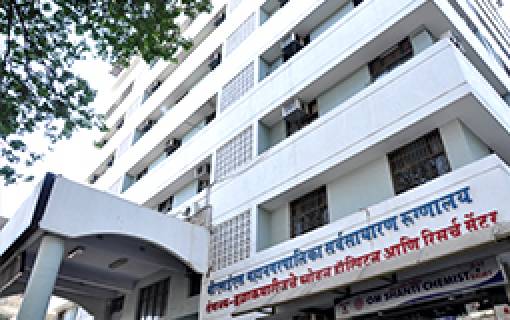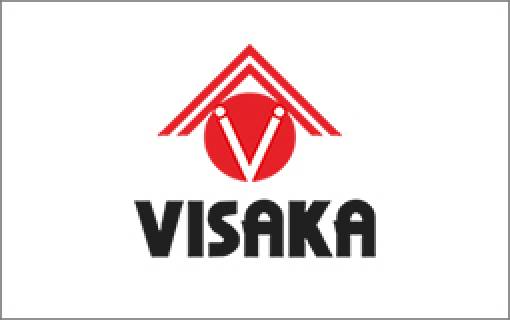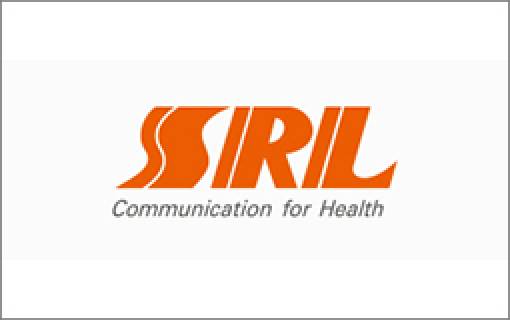Challenges in Implementing EHR in India
Electronic Health Records (EHR) comprises a repository of information concerning the health status of individuals. An EHR of a patient can comprise medical history including surgeries, hospitalizations, medications, diagnostic results, past diagnostic follow-up, and relevant healthcare data.
Health record management is an imperative yet challenging task. Healthcare continues seeing great use of technologies of which the use of Electronic Health Records (EHR) aims to offer several benefits.
Yet the information assimilated by EHR has many consequences whilst deciding the processes in patient care and health policies. When patient records are digitized, the patient-privacy right is the most challenged. Yet another hurdle in the total acceptance and extensive use of EHR is the unwillingness on the part of physicians to use EHR.
Consumers (service provider as well as patient) are also apprehensive about the misuse of the health details even by the authorized personnel at times. For this, proper privacy and security legislation have to be in place, defining patient’s rights for disclosure of health information.
The frequency of data breaches is getting to be directly proportional to the number of hospitals going digital. Such inadequate data security can affect a large number of people.
The use of EHR software has significant impacts on the productivity of the health providers. Healthcare providers have certain legal and ethical obligations for securely exchanging the health information. Unfortunately, physicians are provided with minimal training for achieving this goal.< br>Thus matters related to technical issues, cybersecurity and human interface, amongst other matters, create several challenges for hospitals and healthcare delivery facilities when executing, supporting and upgrading their electronic health record systems.
With time, the data collected in the EHRs is voluminous, thus creating a greater challenge for hospitals to keep the same secure without disturbing the accessibility to data by authorized personnel in the hospital as well as share data amongst the departments and staff that need to access it. Hence EHR interoperability is of paramount importance as otherwise, this would seriously hamper patient care. For instance, when a patient receives treatment from a different provider, be it in an emergency situation or from another specialist, it is essential for that new provider to have access to that patient’s health history. As of now, that capability is limited.
Many providers that are accredited (NABH, JCI, etc.) have to follow prescribed standards and documentation as a result of which they cannot manage cumbersome EHRs. They are often inundated with avoidable alerts and reminders. Moreover, some hospitals complain that these technologies are not perceptive or traversable. All this reduces their speed when attempting to complete a task. Developers of this product need to study the work pattern of clinicians and their needs with reference to patient data to provide a more meaningful solution.
In developed countries, a good amount of patient data is collected in nursing homes and daily living settings where there is a fair amount of health-related activity. This data is of value for hospitals. EHR systems should thus be able to receive data from these external sources based on proper planning.
At one stage EHRs were developed for insurance companies to help them with reimbursements. Today EHRs focus on value-based care too.
For healthcare institutions, the need is certainly there. For instance, information such as family history and genetic test results create immense value that can customize patient treatment with improved outcomes. The data also adds immense value to clinical specialists and researchers in this field.
Yet, on the other hand, data management should be precise so as not to overload the clinicians and other staff and make their work tedious as otherwise, this would negatively impact the overall staff outcomes and productivity.
To make the experience of using EHRs more meaningful, it makes sense to have a dedicated team that interacts and interfaces between the EHR development team and the users so that workflows are better understood and EHR analysts can address issues faced by the users thus aiding better productivity.
We would love to talk to you about your vision for your healthcare project and provide meaningful insights into how we can help you realize your goals. We look forward to hearing from you.
Project Highlights
We have had a proud association with various prestigious clients and projects.
Need Help? Send in your query.
Please fill out the form below and we will get back to you as soon as possible.






